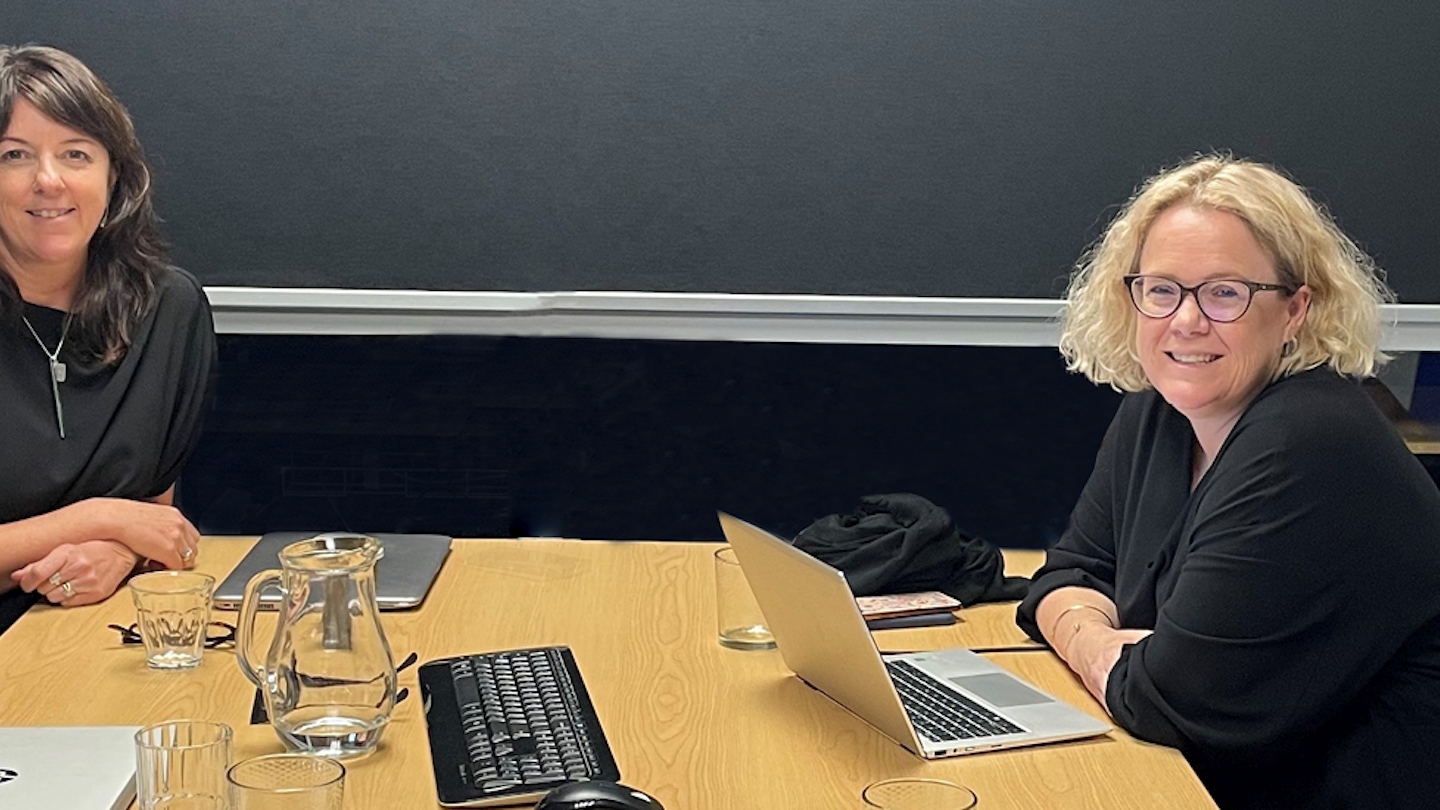
Te Pūkenga and Energy Academy partner to accelerate capability of energy sector
May 25, 2021 | 2 min read
Te Pūkenga and Energy Academy have signed an agreement to pilot a new training model that re-defines the roles of both industry and education in the future of training and development.
Born from Orion Group’s commitment to ‘power a cleaner and brighter future’, Energy Academy is working to transform the system of capability development so that New Zealand can excel at adapting to the capabilities it needs for the future.
This includes the way industry and tertiary education work together to deliver learning.
Te Pūkenga is a Crown Entity that was set up in April 2020 as a result of the Tertiary Education Commission’s Reform of Vocational Education. By 1 January 2023, Te Pūkenga will be responsible for delivery of a unified, sustainable public network of regionally accessible vocational education and training across New Zealand, including functions of the previous Institutes of Technology and Polytechnics (now ITP subsidiaries) and the arranging training functions of those Industry Training Organisations who transfer their arranging training activity to Te Pūkenga.
Te Pūkenga introduces a shift in role, supporting work-based learning from Industry Training Organisations to providers, to ultimately achieve seamless integration between the two and to ensure industry needs are met.
Te Pūkenga Council Chair, Murray Strong, looks forward to working with Energy Academy to step towards this role-shift.
“A key educational priority for Te Pūkenga is to deliver customised learning approaches that meet the needs of learners and trainees wherever they are.
“The model that we are testing with Energy Academy will enable learners to have a richer learning experience, creating the capabilities New Zealand needs for the future,” Mr Strong said.
Energy Academy Lead, Deanna Anderson, sees a new learning model as critical to adapting to the capabilities we need for New Zealand’s energy future.
“The energy industry has an aging workforce, and if we don’t find an efficient way to share knowledge and capability we will face a significant gap in skills.
“With this model we can pass on this knowledge and accelerate capability, to adapt to the rate of change our sector is experiencing so that we can best serve New Zealanders.”

